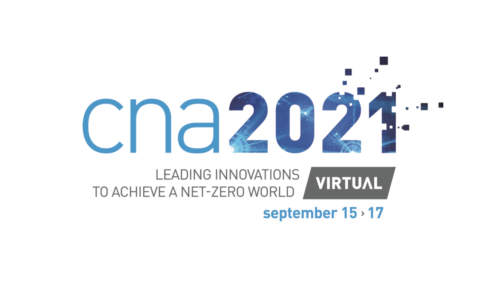
Canada’s Energy Ministers Discuss a National Energy Strategy
Canada’s energy ministers met in Kananaskis, Alberta this past weekend to discuss creating a national energy strategy, as well as opportunities in the mining sector. Federal Natural Resource Minister Joe Oliver says the ministers have been taking a collaborative approach, while still trying to respect provincial jurisdiction. The meetings focused on oil and natural gas development but ministers did received a presentation of recommendations from The Energy Policy Institute of Canada (EPIC) which looked at developing a more coherent national energy policy framework.

Joe Oliver, minister of natural resources, left, Ron Liepert, Alberta minister of energy, centre, and Richard Brown, PEI minister of environment, energy and forestry, prepare for a group photo with their provincial colleagues before the start of their meetings in Kananaskis, Alta., Tuesday July 19. Photo Credit: Jeff McIntosh, THE CANADIAN PRESS. Photo Source: globaltvbc.com
EPIC’s five interim recommendations they would like to see in any national strategy:
- Improve Canada’s regulatory regime by eliminating overlapping and inconsistent requirements at
the federal, provincial, and municipal levels. - Enhance Canada’s energy security by moving beyond our historical reliance on the United States
and capturing growth opportunities in Asia and elsewhere. - Adopt interim carbon pricing measures, and define the criteria that should inform the design of a
long-term carbon-pricing regime in Canada. - Promote greater public knowledge of energy’s impact on our economy, environment, and society –
with a view to increasing conservation behaviour. - Foster energy innovation by encouraging more private sector investment in game-changing technologies.
The CNA is a member of EPIC and served on its Innovation Subcommittee. Our contribution to the report ensured that nuclear science and technology innovation was included in the recommendation to foster innovation. Nuclear S&T supports materials testing and product improvements, medical products and services, training and development of scientists and engineers, and other activities of high value to an advanced economy. As it says in the EPIC report:
Strong, robust nuclear research initiatives at our national laboratories and universities support improvements and medical services. Neutron beam testing, for example, which can only be done at major nuclear facilities, is applied almost daily to new materials and products. This research underpins safe operations within the nuclear industry, and in many non-nuclear sectors (aerospace, autos, health and medicine).
We look forward to seeing a national energy strategy for Canada that is consistent with the CNA’s vision: maintaining Canada’s nuclear leadership role at home and around the world!

